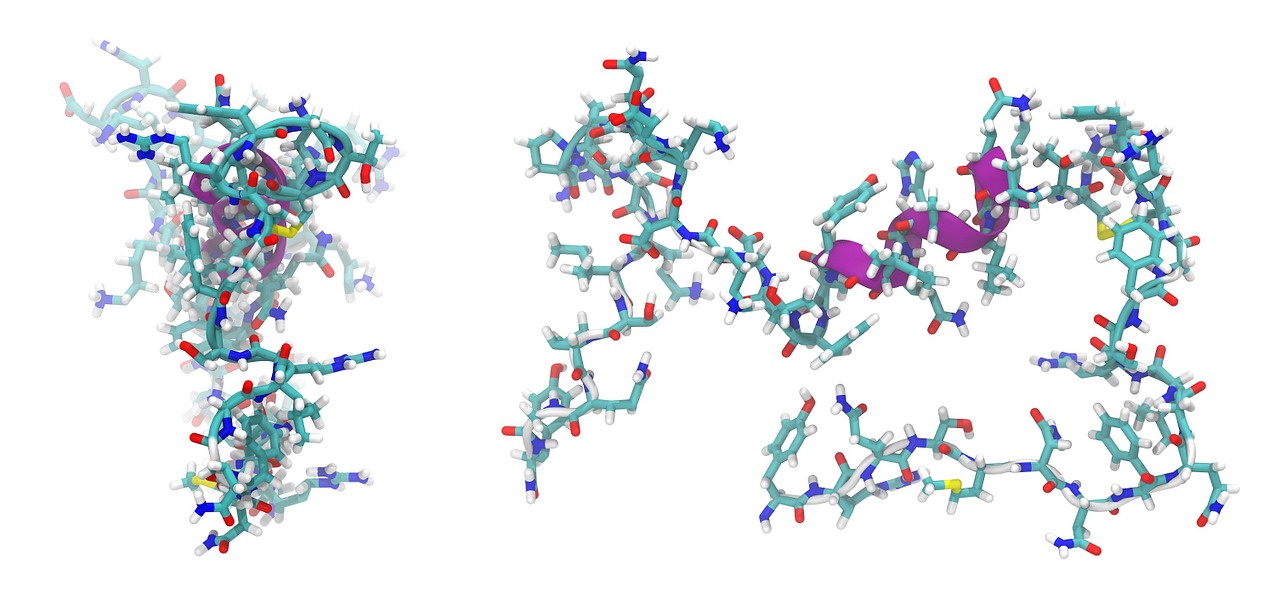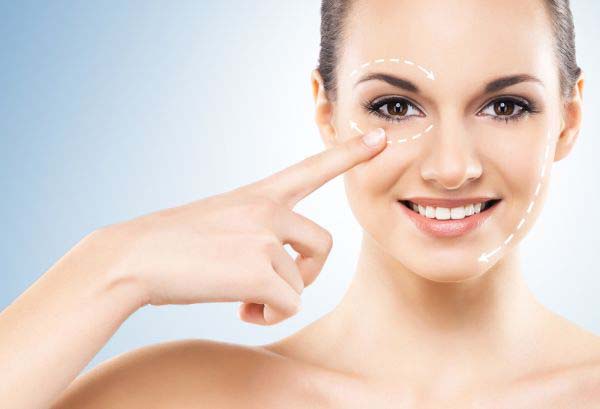Hormone Replacement Therapy: Is it for Me?

Did you know that your body’s hormones control most of your essential bodily functions? That they serve as an internal communication system between all of your cells?
That hormones coordinate everything from digestion and growth to your appetite, immune function, mood, and libido? Can you imagine what would happen if they got out of their natural balance?
You've likely experienced some hormonal imbalance in your lifetime. Nearly everyone, men and women, go through shifts in their hormones at some point in their lives.
Remember Puberty?
All those emotions swirling, moods swinging, feelings of anxiety, and maybe even depression? Puberty is a prime example of what happens when your hormones get out of whack. But for most of us, puberty was manageable, and eventually around hormones balanced back out.
But what happens when the symptoms of hormone imbalance are unmanageable and create debilitating conditions that make it hard to live a happy, or even just okay life? Then what?
If you are suffering the symptoms of hormonal imbalance— may be a woman struggling with menopause symptoms or man dealing with the effects from decreases in testosterone— you’ve likely tried a lot of things to help you feel better.
Maybe you’ve changed your diet, started a regular exercise plan, addressed bad sleep habits, or integrated stress-relief practices into your daily routine. But these alone may not be giving you the relief you crave.
The best way to treat a hormone imbalance is by rebalancing the hormones. This is where hormone replacement therapies come in.
One such therapy that you may have heard of is bio-identical hormone replacement therapy (BHRT). But you may be a little confused about what it is and how’s it different from other hormone replacement therapies.
We’re here to help you get clarity on what BHRT is, how it differs from traditional hormone therapy, and whether it may be just the right treatment for you.
What Is BHRT?
We use BHRT to treat men and women when their hormone levels drop or become unbalanced. It’s most frequently used to ease symptoms of perimenopause and menopause.
Many use it to improve symptoms of cancer treatment or to treat conditions such as:
- Insulin resistance
- Adrenal and thyroid disorders
- Osteoporosis
- Fibromyalgia
What Are Bio-Identical Hormones?
Bio-identical hormones are so named because they are identical in molecular structure to the hormones made by the human body.
It’s important to understand that although these bio-identical hormones act in the body just like the hormones that we produce, they are not found in this form in nature. They are made or synthesized, from a plant chemical extracted from yams and soy.
Hormones, most commonly replicated and used in the treatment are estrogen, progesterone, and testosterone. Bio-identical hormones come in various treatment forms, including:
- pills
- patches
- creams
- gels
injections
- pellets
How Are They Made?
Drug companies mass-produce bio-identical hormones, while a compounding pharmacy makes some according to a doctor’s orders.
The Food and Drug Administration (FDA) does not approve all bio-identical hormones. Some forms of manufactured bio-identical hormones, including bio-identical estriol (a weak form of estrogen) and progesterone, have been approved by the FDA but custom-compounded bio-identical hormones have not.
Although many claim that compounded bio-identical hormones may be safer and more effective than synthetic hormones, these claims haven’t been proven in reputable studies.
Traditional Hormones vs. Bio-Identical
Bio-identical hormones differ from those used in traditional hormone replacement therapy (HRT). The hormones used in traditional HRT are made from the urine of pregnant horses and other synthetic hormones, whereas bio-identical hormones are chemically identical to those our bodies produce naturally and are made from plant estrogens.
The use of traditional hormone replacement therapies declined when the Women's Health Initiative (WHI) trial of combined estrogen and progestin (as Prempro) for preventing menopause was stopped early because hormone users had a higher risk of breast cancer, heart disease, stroke, and blood clots.
Many consider hormone therapy the most effective treatment for symptoms, and many women are now choosing BHRT over HRT.
Why Is It Important for Hormones to Be Bio-identical?
A base of cholesterol makes up human hormones. They have specialized attachments that allow them to fit perfectly into receptor molecules in your body. When a hormone perfectly nestles into a receptor, it tells that receptor to turn on or off certain behaviors.
This is how hormones act as command stations making us act in specific ways and feel certain things. When you experience drops in hormones and need additional hormone helpers, wouldn’t it make sense for them to be structurally the same as the ones you already have? Hormones that will fit perfectly into your body’s receptor molecules and act on them as one of your hormones would?
Is BHRT a Commonly Used Treatment?
The compounded type of Bio-Identical hormones is most commonly used in the U.S. in women in menopause.
The North American Menopause Society (NAMS) reports that about 1.4 million women are using BHRT to treat their symptoms. According to NAMS, this comprises 40% of all prescriptions for hormone therapy in women who are in menopause. The number of men using this treatment has not been studied yet.
Are Any of the Following Symptoms Making Your Life Unmanageable?
- Hot flashes
- Night sweats
- Vaginal dryness
- Loss of interest in sex
- Pain during sex
- Problems sleeping
- Loss of energy
- Fatigue
- Loss of muscle mass
- Weight gain
- Foggy thinking
- Mood changes
- Memory loss
If the answer is yes, then it may be time to talk with your doctor. Your doctor will meet with you, perform blood tests, and come up with a treatment plan for you.
Resources
Image attribution |
Mayoclinic.org |
Medlineplus.gov |
Medicalnewstoday.com |
Webmd.com |
Cancer.gov
FDA Disclaimer. This information on this site is for education purposes only. These statements and testimonials are not intended to diagnose, treat, cure, or prevent any disease. The statements made regarding some or all products have not been evaluated by the Food and Drug Administration. Please consult a physician or other health care professional for your specific health care and/or medical needs or concerns.


